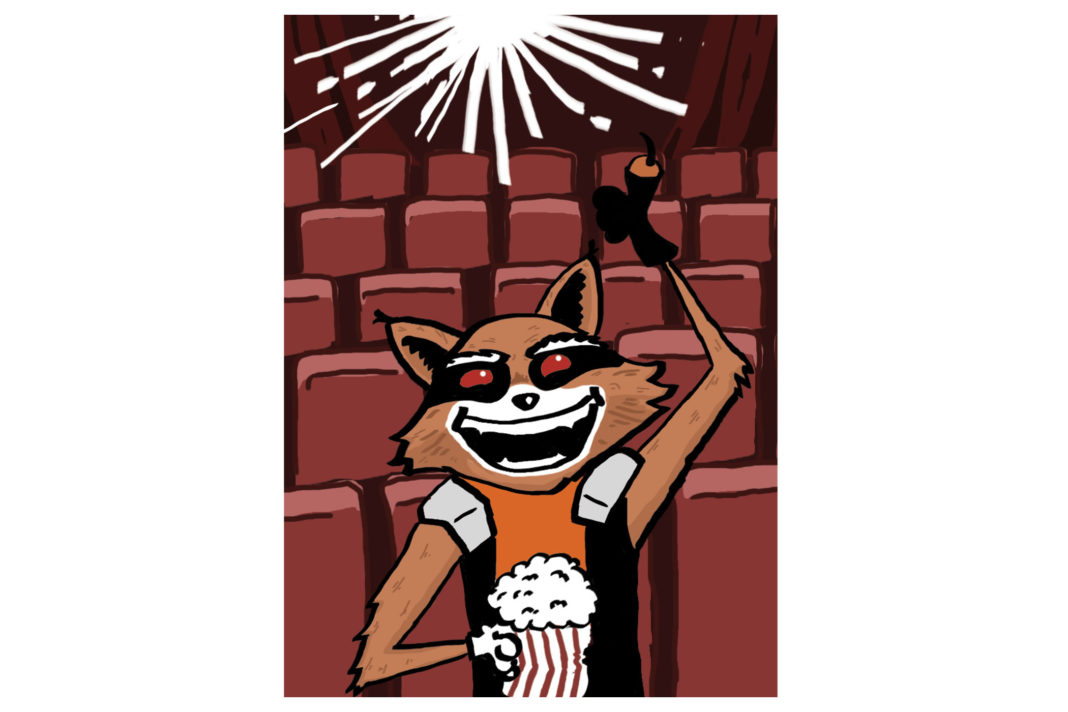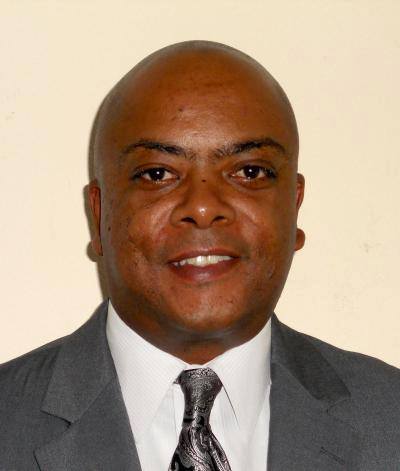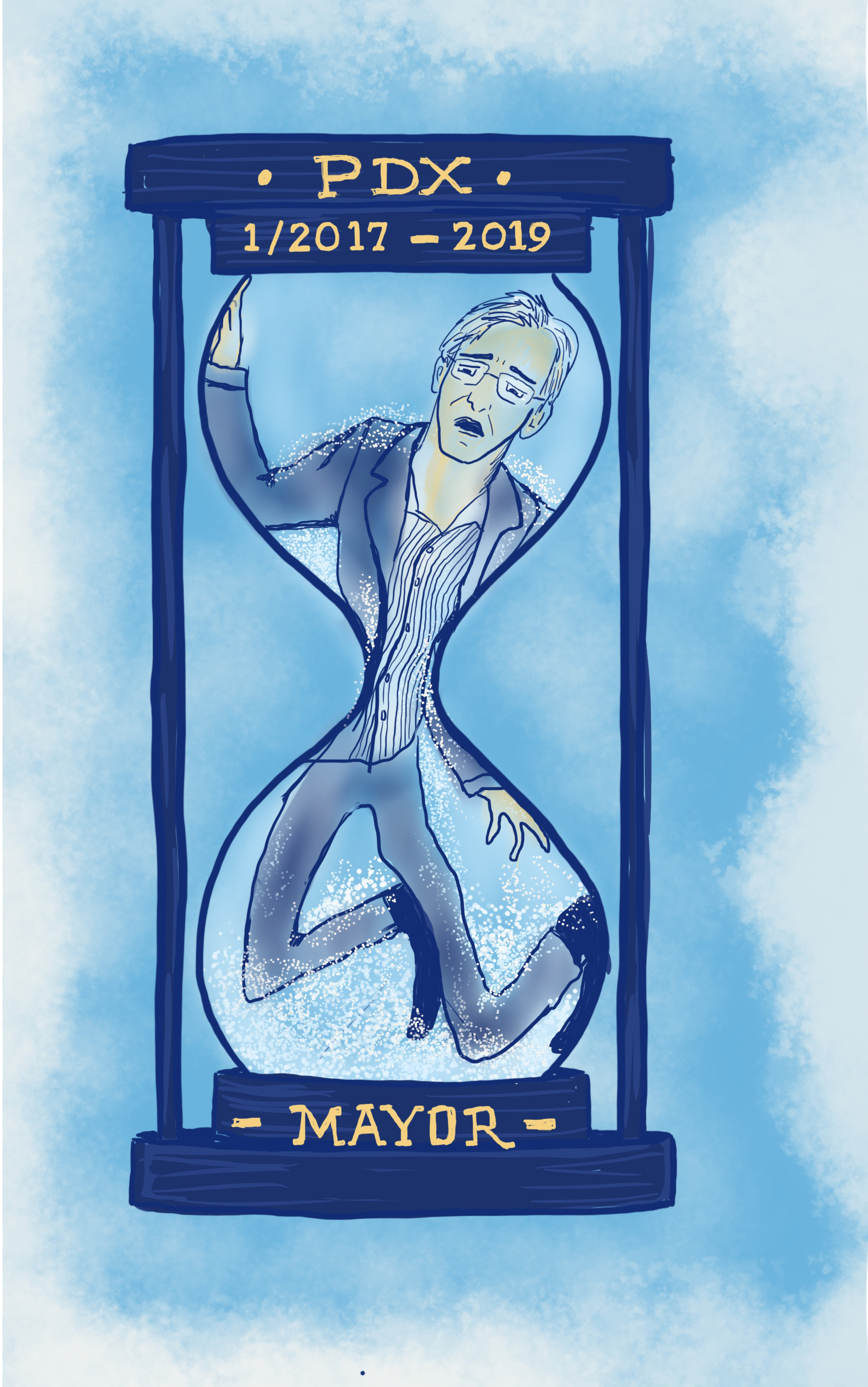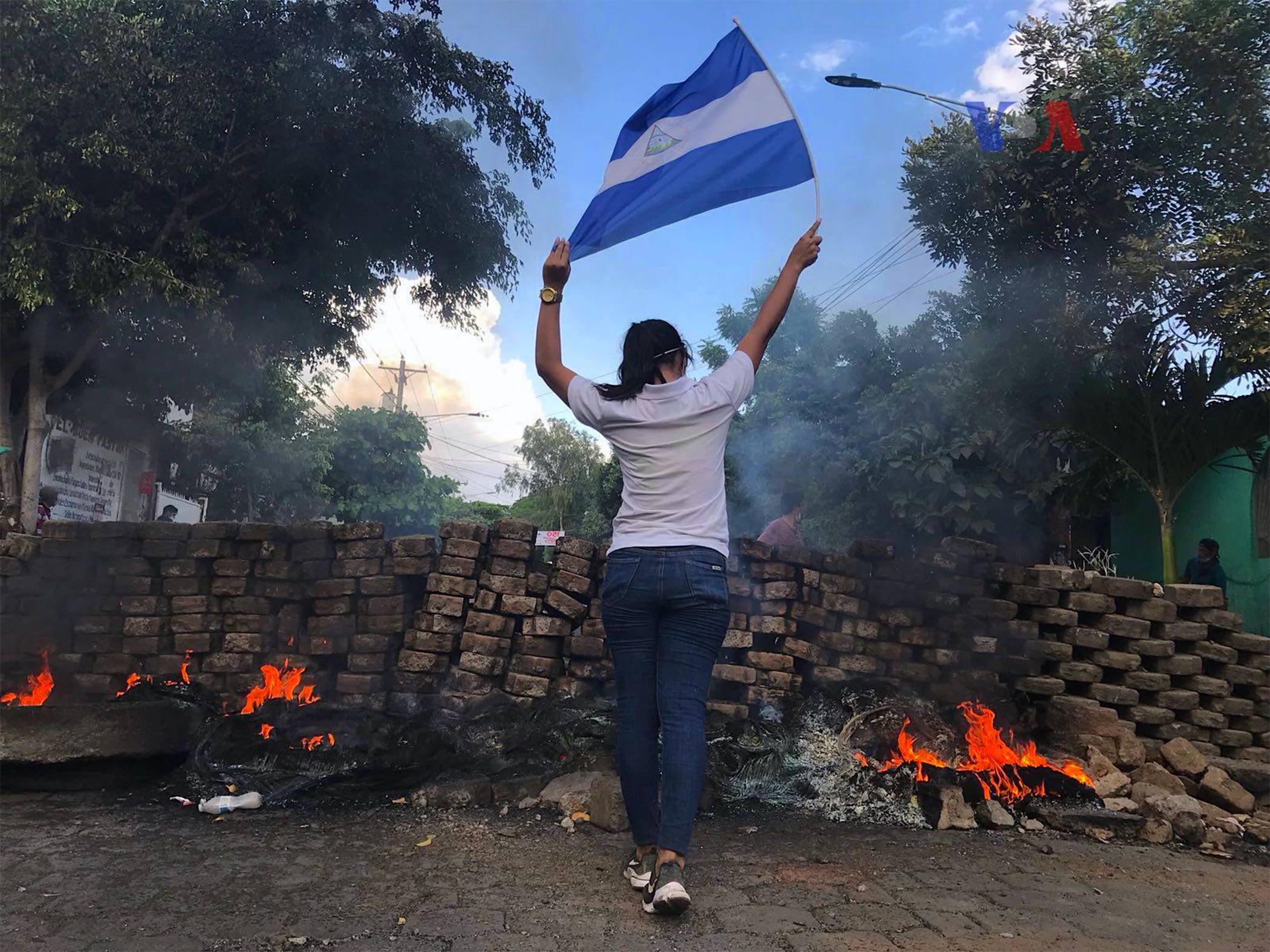Micah Fletcher, a Portland State student who survived the fatal May 26 MAX attack, spoke on campus about his recovery, activism and hopes for students as he returns to school.
Earlier this week, Fletcher was elected to fill a seat on the Montavilla Neighborhood Association board.
Fletcher, along with fellow Trimet passengers Taliesin Myrddin Namkai-Meche and Ricky John Best, defended two young women subject to a racist outburst by Jeremy Christian. Best and Namkai-Meche did not survive the stabbing. Christian, accused of stabbing three people and multiple other felonies, is awaiting prosecution.
When asked whether students have made him feel welcome back on campus, Fletcher was clear.
“It’s pretty much universally recognized by the students in my [campus] building that people just let me be. They say ‘hi’ to me in the hallway, flash me a smile,” Fletcher said. “It’s not a seven-minute process of hand-shaking and ‘oh my god you’re my hero,’ which I certainly appreciate.”
At the same time, Fletcher expressed he felt worried about being a bit different after the attack.
“For the most part, I am the same person that I was before I was stabbed,” Fletcher said, “but I have this worrisome feeling in the back of the mind that something has changed, you know, and I’m just trying to deal with that the best that I can.”
As the victim of a violent crime, Fletcher cites safety as a major concern.
“I don’t feel safe anywhere, man,” he said. “Not even in my own bed. I sleep with a stick under my pillow. Like a wooden dowel I bought from Home Depot. And that’s what this sort of event changes [in] us.”
“In reality, there is no such thing as safety,” Fletcher continued. “There is safer, there is not safe. It doesn’t happen, it doesn’t exist. It’s something that, and especially if you want to talk about cultural concepts such as race or class, it’s something that a lot of people already have known, and it’s not even a matter of the fact that I didn’t know that. It’s a matter of the fact that I didn’t really feel it up until this point.”
For students who don’t currently feel safe, the PSU campus hosts a variety of resources, such as the Center for Student Health and Counseling and the Campus Public Safety Office, among many others.
On the topic of protests, especially those by Patriot Prayer, which have been cited by some as precipitating Christian’s attacks, Fletcher was extremely vocal, having infiltrated a past protest.
“I actually go into this crowd,” Fletcher recounted. “I guess we are calling it [P]atriot Prayer. The Patriot Prayer crowd. And I wanna know who’s associated with what, when, or why, but I legitimately heard more than three people refer to these counter protesters— whoever they were—as Jewish spies.”
“The problem is, out of these two small groups of extremists [on the right and left], only one of them thinks genocide is a legitimate political opinion, and that’s what makes Patriot Prayer such a funny organization.”
Fletcher, however, wants to turn this focus on extremists into something more positive.
“We need to start really looking into what’s going on when it comes down to these extreme politics and whether or not that’s what we want in this city or not,” Fletcher said. “Because to be quite frank about it, this is our town. It’s our home. We’re the ones [who] get to make it what we want to make it.”
“It’s about us,” Fletcher said. “And we need to decide, we need to talk to one another, as to what we want our city to look like.”






